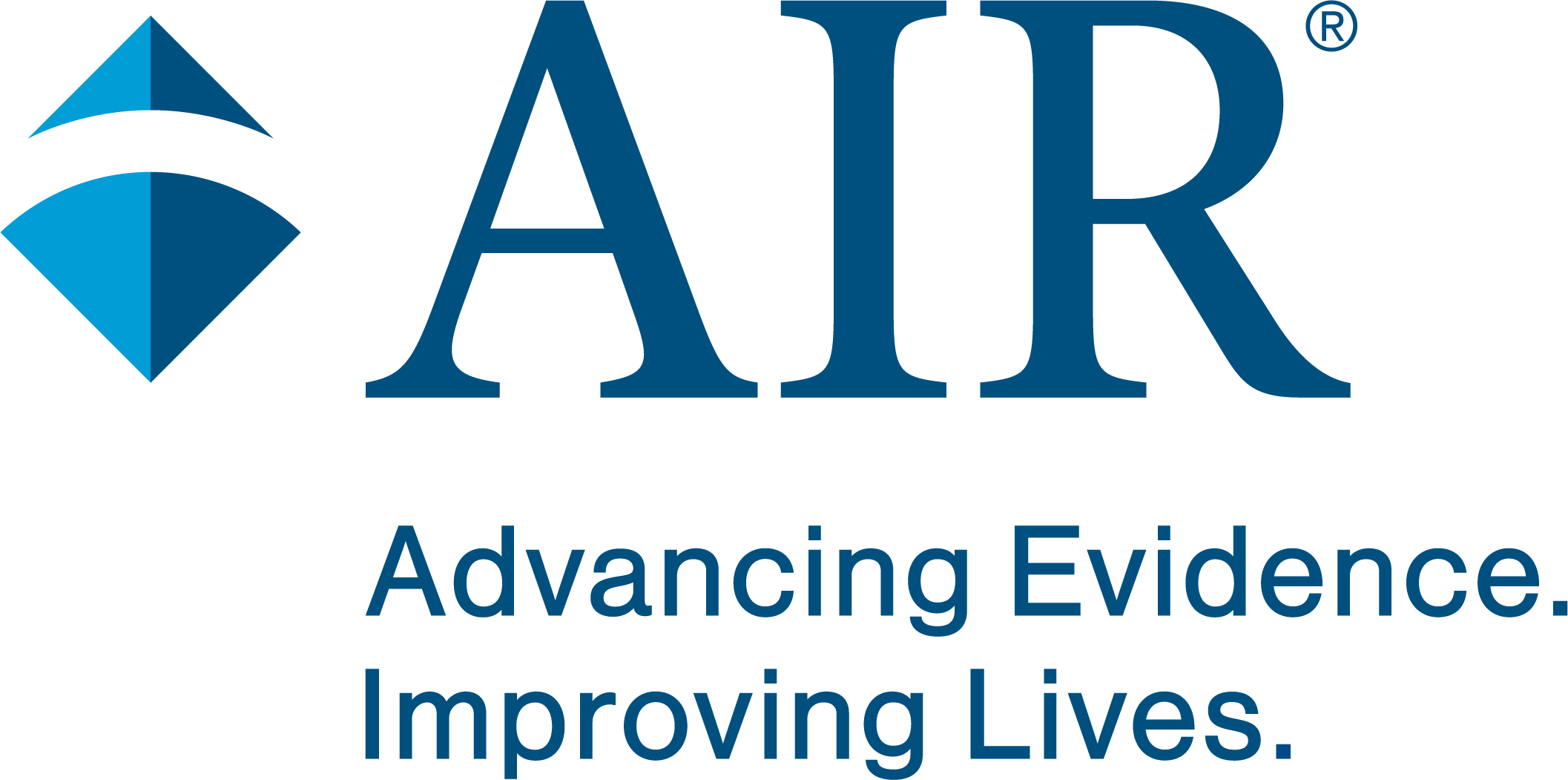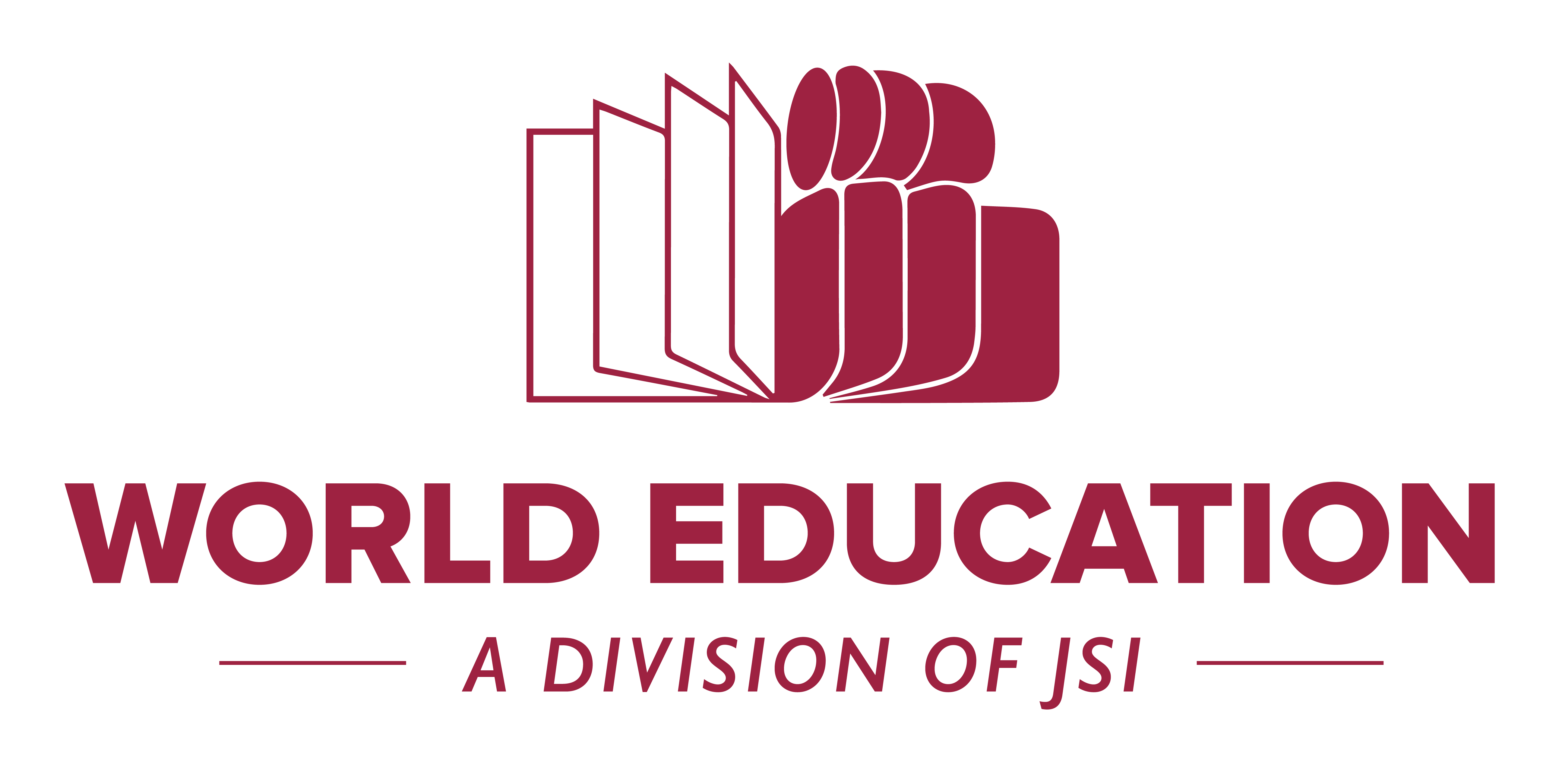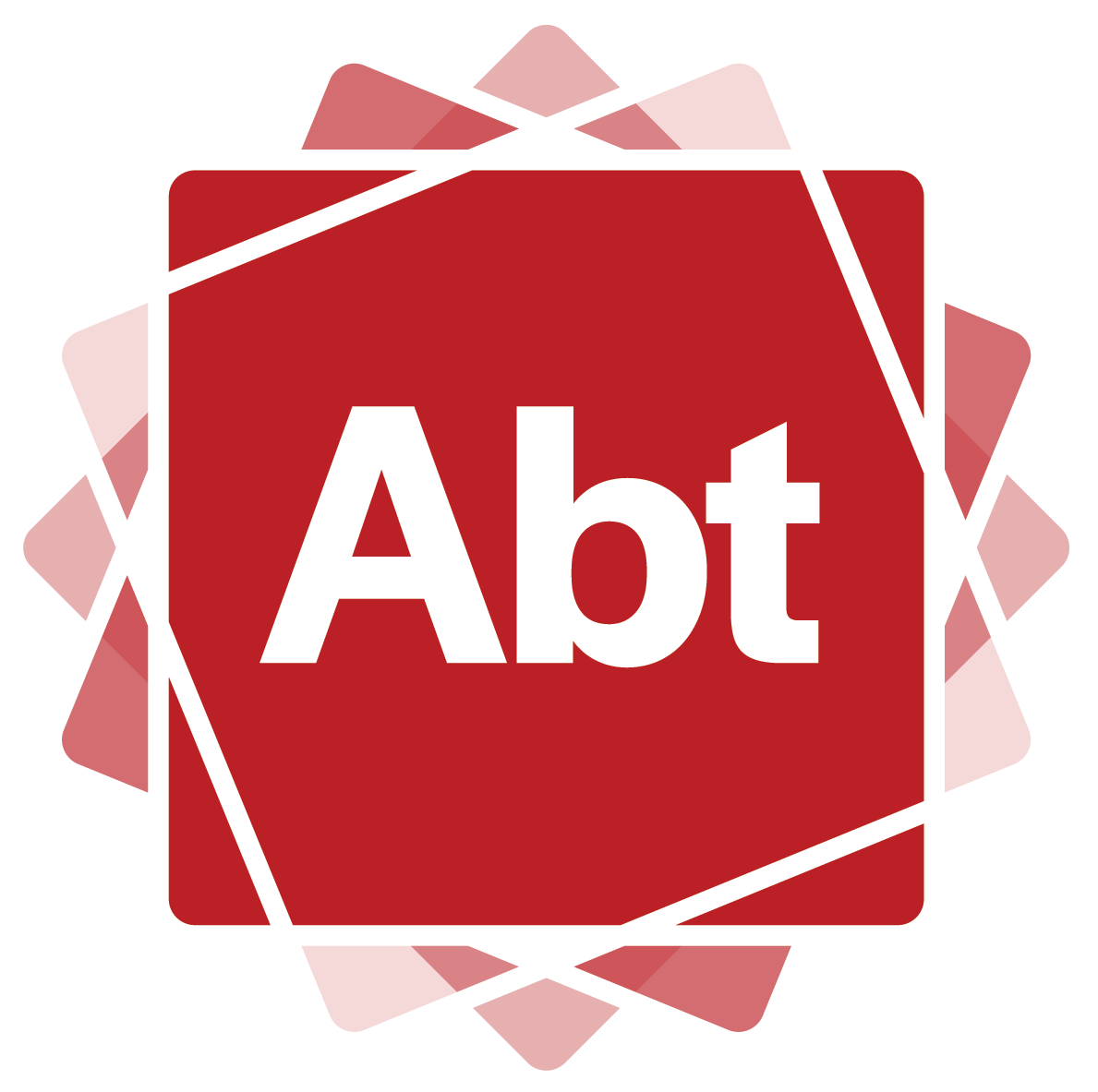Resource
Utility value of improving writing skills for adult basic education students
Posted on
Description
Motivational research identifies utility value, or the importance of a learning task to future goals, as central to motivation to learn. This study analyzed survey data (N = 86) collected from adult literacy learners to examine their utility value of writing improvement in grammar and spelling skills, word processing skills, and planning, drafting, and revising skills. Findings revealed that participants had a high utility value of improving writing in all three skill areas and possessed a variety of underlying motivations, including obtaining further education, seeking future employment, and personal reasons. Participants' age, educational attainment, and reading levels showed relationships with utility value of improving grammar and spelling skills, and age showed an additional relationship to utility value of improving word processing skills. This work extends research on motivation in this population and supports the application of expectancy-value theory to both adult motivation and writing motivation. A free video is available on the utility value of improving writing skills for adult basic education students on this page. A subscription or one-time payment is required access this full publication from the Writing in Adult Secondary Education Classes team.
Resource
Promising Practices and Lessons Learned from Early Implementation of the TSTM Framework
Posted on
Description
This brief highlights key findings from the first component of The Teaching Skills That Matter (TSTM)-SkillBlox Instructional Support Pilot—an implementation study of the TSTM framework. Findings from this study—including promising practices and lessons learned in supporting TSTM-aligned instruction—are intended to shape TSTM-SkillBlox development but may also inform efforts in the field to support TSTM implementation.
Resource
Current Assessment Needs in Adult Education and Workforce Development
Posted on
Description
The present report summarizes the research conducted through focus groups, literature reviews, and listening sessions to understand and document the specific assessment needs in adult education and workforce development.
From: The Adult Skills Assessment Program (ASAP) Research Team
Resource
Creating an Equitable, Resilient Workforce System: New Ideas for the WIOA Act
Posted on
Description
The National Skills Coalition recently published recommendations and new ideas for improving the Workforce Innovation and Opportunity Act (WIOA) in the report, Creating an Equitable, Resilient Workforce System. The report provides a series of recommended activities towards strengthening WIOA so that is adequately resourced to deliver high-quality skills training that supports the assets and aspirations of working people, helps small businesses who hire locally and invest in their workers, and advances racial equity and pathways to quality jobs.
Resource
Linking Adult Education to Workforce Development in 2018–19: Early Implementation of the Workforce Innovation and Opportunity Act at the Local Level
Posted on
Description
The Workforce Innovation and Opportunity Act of 2014 includes new requirements and incentives to strengthen the link between its Title II -- adult education -- and the overall workforce development system. This report from a national evaluation of Title II examines the extent to which local adult education providers’ instructional approaches and coordination with other agencies in 2018-19 reflected this link and highlights the challenges providers reported collecting related performance data. A compendium provides detailed tables supporting the policy report. For more information about this report, visit the IES site here.
Resource
Building Knowledge and Evidence About Using Digital Technologies in Adult Foundational Skills Programs
Posted on
Description
Recent activities and events spurred adult educators’ interest in digital technologies, including the Barbara Bush Foundation Adult Literacy XPRIZE competition; the development of digital products by adult education publishers; and the COVID-19 pandemic, which prompted adult foundational skills programs to shift from in-person classes to virtual instruction. As interest in digital technologies grows, the need for information about how to implement these technologies and what works for whom under what conditions also grows.
Although some form of technology has been used to teach adult foundational skills for at least 3 decades, the knowledge base about the implementation and effectiveness of technology with adult learners is limited. The recent expansion of technology use in adult foundational skills programs suggests the need for increased efforts to develop knowledge and evidence about the types of technologies and tools that can be used effectively to assist adult learners in enhancing their foundational skills and facilitating their lifelong learning.
Author: Judith A. Alamprese, Principal Scientist, Abt Associates
Read the attached article below for the full paper.
Resource
National Action Plan for Adult Literacy
Posted on
Description
Conceived and convened by the Barbara Bush Foundation for Family Literacy, the first-ever National Action Plan for Adult Literacy is a multisector, multiyear initiative to transform adult and family literacy for millions of Americans by driving inclusive, collective action to address systemic challenges over the next five years.
Resource
Findings from a National Landscape Scan on Adult Digital Literacy Instruction
Posted on
Description
In the first year of the Digital Resilience in the American Workforce (DRAW) initiative, Jobs for the Future (JFF), World Education, and Safal Partners launched a landscape scan to better understand what training resources and approaches are most relevant for educators seeking to increase foundational digital literacy and digital resilience for an adult learner population. Over the past decade digital literacy has emerged as an essential skill for personal, civic, educational, and career success. Yet few adult education professionals – including, but not limited to, those teaching in AEFLA-funded programs – have been trained to help learners develop the confidence, self-efficacy, and digital resilience they need to adapt to today’s digital demands.
Resource
Launching a Digital Literacy Accelerator
Posted on
Description
The Office of Educational Technology (OET) at the U.S. Department of Education is actively looking for ways to promote digital literacy. OET believes that one effective way to support digital literacy is through innovative educational technology (edtech) tools created by a diverse array of developers who have a range of different backgrounds, life experiences, and education.
This report, coauthored by OET and WestEd staff, is aimed at agencies interested in supporting edtech or digital literacy accelerators, as well as education leaders interested in supporting strategies to address misinformation.
This report examines the following questions about the DLA:
What did OET and WestEd learn from research and the current state of the field of digital literacy to develop and scale innovations?
What were the problems teams were trying to solve?
What did OET and WestEd learn when teams applied their innovation to the identified problem?
What are the barriers to new innovations in the digital literacy space?
What best practices can OET and WestEd extract from the accelerator and apply to future thinking?
Based on OET and WestEd’s work with the DLA, what recommendations do we have for federal agencies to support the field of digital literacy?
Resource
Advancing Digital Equity for All
Posted on
Description
Community-Based Recommendations for Developing Effective Digital Equity Plans to Close the Digital Divide and Enable Technology-Empowered Learning
In spring 2022, the U.S. Department of Education’s Office of Educational Technology (OET) committed to advancing digital equity through the Digital Equity Education Roundtables (DEER) Initiative. Through DEER, OET hosted a series of national conversations with leaders from community-based organizations, as well as families and learners furthest from digital opportunities. The “Advancing Digital Equity All” resource illuminates insights from these conversation to highlight the barriers faced by learner communities and promising solutions for increasing access to technology for learning.
The historic federal investments authorized by the Infrastructure Investment and Jobs Act offer critical opportunities for broadband planning that can identify and equitably address the various availability, affordability, and adoption challenges described. Using this guidance resource as a starting point, it is essential that leaders collaborate with those most impacted by the digital divide to develop comprehensive digital equity plans that outline strategies to meet the needs of learners, their families/caregivers, and communities effectively and sustainably.






